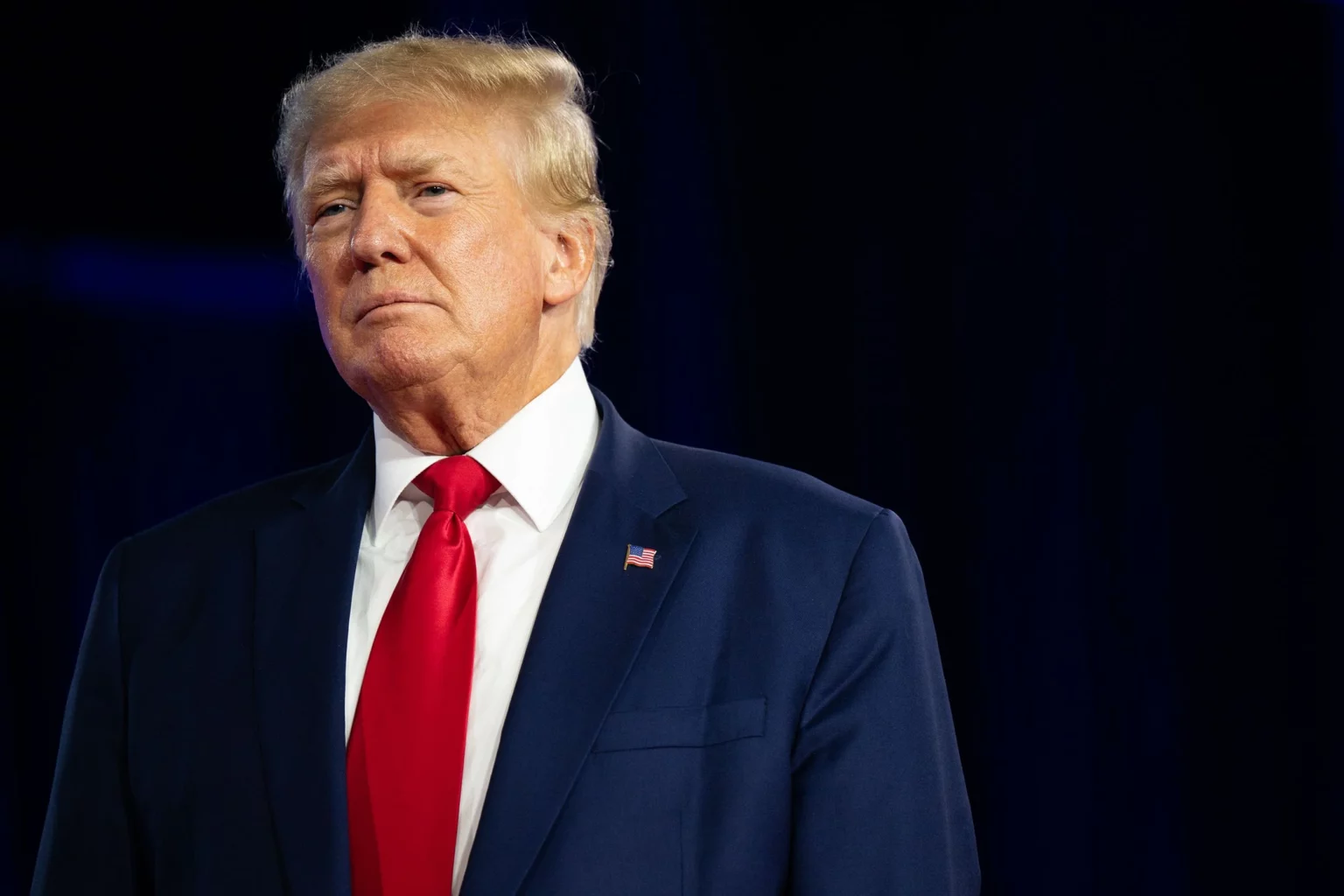In the aftermath of the January 6, 2021, Capitol riot, the spotlight continues to shine intensely on former President Donald Trump as the investigation into the events unfolds. With a pivotal question at the forefront – will he face criminal charges for his alleged role in the shocking assault on the Capitol – the nation eagerly awaits the outcome that could reshape the course of history.
Recent developments have only intensified the speculation surrounding Trump’s potential legal jeopardy. His refusal to meet with the grand jury conducting the investigation has fueled discussions about impending charges. Among the possibilities, legal experts have pointed to the “conspiracy against rights” law, which aims to protect individuals’ constitutional rights from oppression. If Trump and his allies meddled with election results, some argue, it may have infringed on the rights of those who voted with the expectation of a fair outcome.
Already, the House Select Committee investigating January 6 has referred Trump to the Justice Department for four alleged offenses: incitement of insurrection, obstruction of an official proceeding, conspiracy to defraud the US and conspiracy to make a wrong statement. The prospect of witness tampering as a potential charge looms on the horizon as well.
The timing of a potential trial poses a pressing concern, given that Trump is already facing separate indictments related to Mar-a-Lago and falsifying business records. The Mar-a-Lago trial is scheduled to commence next year, and any proceedings related to January 6 could follow a similar timeline.
Beyond the legal implications, the political ramifications of an indictment are equally significant. Trump remains a formidable contender for the GOP nomination, but a third indictment could present challenges in a general election. While his popularity among Republican voters might endure, appealing to a broader electorate could prove to be a daunting task.
Moreover, the appeals process, if a conviction were to occur, could create further complexities, particularly if Trump were to consider seeking the presidency again during that time. State cases in places like Georgia, investigating election interference, present an additional layer of challenges.
In this charged environment, Democrats tread carefully, keen to avoid any perception of politicizing the justice system. Striking the delicate balance between accountability and impartiality becomes crucial in navigating the investigation.
As the nation awaits the unfolding of this critical chapter in Trump’s post-presidential journey, one thing is certain – the outcome could redefine the country’s political landscape. The uncertainty surrounding his future adds an air of anticipation as the Capitol riot investigation continues to capture the collective attention of the American public.




